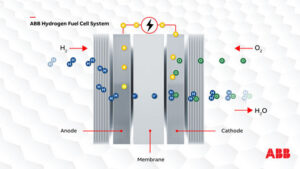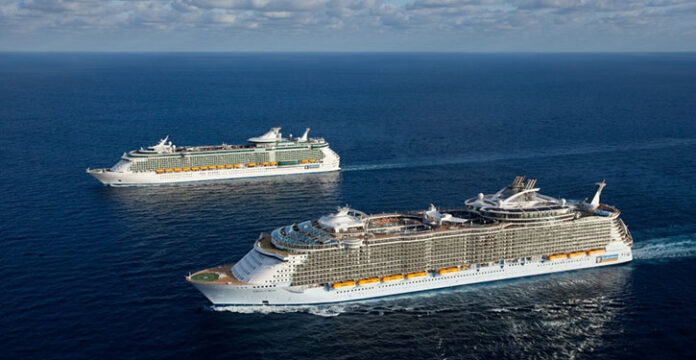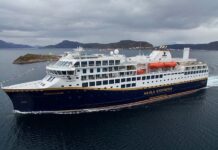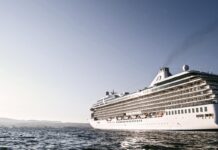The system is aimed to be piloted on board a Royal Caribbean International vessel and will be the first fuel cell system to provide an energy source for a luxury cruise ship.
The newest class of ships from Royal Caribbean Cruises Ltd. (NYSE: RCL) will be powered by natural gas (NG) and introduce the use of fuel cell technology, ushering in a new era of shipbuilding that will dramatically reduce greenhouse gas emissions.
“Our goal is to take the smoke out of the smokestacks, said Harri Kulovaara, Executive Vice President of Maritime and Newbuilding, Royal Caribbean Cruises Ltd. “We are dedicated to innovation, continuous improvement, and environmental responsibility, and using fuel cell technology gives us the opportunity to deliver against all three of these pillars.”
“This pilot installation demonstrates that fuel cell technology is now firmly in sight of the cruise industry,” said Juha Koskela, Managing Director, ABB Marine & Ports. “Fuel cells have been the next big thing for 25 years, but now they are reality.”

Fuel cells generate energy by exploiting an electrochemical reaction at the interface between the anode or cathode and the electrolyte membrane. They involve no combustion, converting fuel directly to electricity and heat.
“At ABB, we believe that the next generations of vessels will be electric, digital and connected. Fuel cell technology matches exactly that. Fuel cells have significantly higher efficiency than combustion engines and allow energy to be concentrated more densely than in petroleum fuels. If you use renewables to produce the hydrogen the entire energy chain is clean and truly emission free,” Koskela continues.
The pilot installation, including control, converter and transformer technology from ABB, will generate 100 kW of energy, and has been fully developed, marinized, assembled and tested by ABB Marine & Ports. ABB selected an FCvelocity® proton exchange membrane (PEM) pure hydrogen fuel cell engine from Ballard Power Systems for its pilot system.
The debut installation, which anticipates RCL’s commitment to include emissions-free fuel cell technology as part of the powering for its forthcoming Icon-class ships will be on display at the owner’s Technology Display Days event in New York, 8-10 November. Icon is the first new ship class announced by RCL since Celebrity Cruises’ new Edge class, which debuts in 2018. The company is also expanding its fleet with new Oasis- and Quantum-class ships for Royal Caribbean International. Fain said the new ships are in line with RCL’s strategy of moderate capacity growth.




